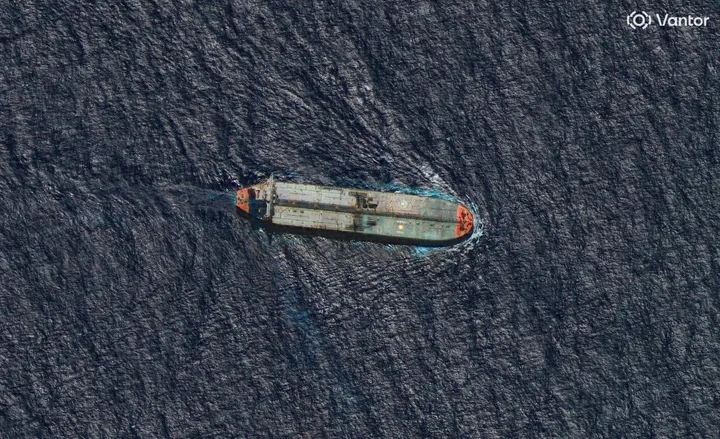Eight Namibian cheetahs have arrived in India in a project to reintroduce the big cats to the South Asian country, drawing criticism from some conservationists.
Decades after their local extinction, the five females and three males cheetahs were flown on Saturday from north of the Namibian capital Windhoek aboard a chartered Boeing 747 dubbed "Cat plane" for an 11-hour flight.
Prime Minister Narendra Modi presided over the release at Kuno National Park, a wildlife sanctuary 320 kilometres south of New Delhi selected for its abundant prey and grasslands.
READ MORES:Cheetahs are now an endangered species - study
Each of the animals, aged between two and five and a half, have been fitted with a satellite collar to monitor their movements.
They will initially be kept in a quarantine enclosure for about a month before being released in the open forest areas of the park.
India was once home to the Asiatic cheetah but it was declared extinct there by 1952.
They became extinct primarily because of habitat loss and hunting for their distinctive spotted coats.
Experts skeptical of plan
Efforts to reintroduce the animals to India gathered pace in 2020 when the Supreme Court ruled that African cheetahs, a different subspecies, could be settled in India at a "carefully chosen location" on an experimental basis.
They are a donation from the government of Namibia, one of a tiny handful of countries in Africa where the magnificent creature survives in the wild.
Negotiations are ongoing for similar translocation from South Africa, with vets suggesting 12 cats could be moved.
However, critics have warned the creatures may struggle to adapt to the Indian habitat.
READ MORE: Why some experts don’t want India to release cheetahs in the wild
“The African cheetah can never be introduced into the wilds of India,” Valmik Thapar, an Indian wildlife author, toldTimes of India.
“We don’t have any habitat to ensure a natural reintroduction.”
Other obstacles include the presence of other predators in India like leopards that may compete with cheetahs, said conservation geneticist Pamela Burger of University of Veterinary Medicine in Vienna.
“It would be better to conserve them now where they are than to put effort in creating new sites where the outcome is questionable,” she said.
Critics also say low reproductive and survival rates of the cheetahs mean India's project will require several decades to repopulate other parts of the country.
“This is not self-sustaining and will require frequent introduction of a pretty large number of African cheetahs to ensure the survival of the introduced population,” Ravi Chellam, a Bengaluru-based wildlife biologist and conservation scientist told TRT World.
Conservation experts say the promise of restoring cheetahs to India is worth the challenges.
"Cheetahs play an important role in grassland ecosystems," herding prey through grasslands and preventing overgrazing, said conservation biologist Laurie Marker, founder of the Cheetah Conservation Fund leading the Namibian side of the project.
Marker and her collaborators will help monitor the cats' settlement, hunting and reproduction in coming years.
Modi called for people to be patient as the cats adjust.
"For them to be able to make Kuno National Park their home, we'll have to give these Cheetahs a few months' time."
























